What is CBD?
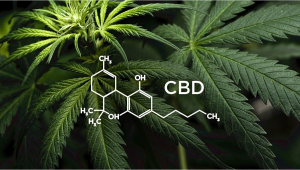
- 1. What is cbd and where do we find it?
- 2. Full-spectrum vs broad spectrum products
- 2. a. Full-spectrum products
- 2. b. Broad spectrum products
- 3. How to consume cbd?
- 3. a. Cbd flower
- 3. b. Cbd oil tinctures
- 3. c. Water soluble cbd
- 3. d. Edibles
- 3. e. Creams
- 3. f. Cbd vape
- 3. g. Bath & body products
- 4. What is cbd used for?
- 5. How to intensify the effects of cbd?
- 5. a. Combine with melatonin
- 5. b. Make a cbd drink
- 5. c. Use a vaporizer
- 6. How to identify high-quality cbd?
- 7. Cbd and other similar cannabinoids
- 7. a. What is cbg?
- 7. b. What is cbn?
- 7. c. What is cbc?
- 8. In conclusion
CBD (aka Cannabidiol) is a naturally occurring compound found in cannabis seeds. Just like THC, Cannabidiol is also a cannabinoid and is produced and stored by the small mushroom-shaped glands named trichomes.
1. What is CBD And Where Do We Find It?
You’ve definitely heard of CBD by now. This cannabinoid has risen to stardom in the last decade because of its apparent long list of health benefits. However, researchers are still determining exactly how it works in the human body. But the slow and accurate process of scientific research hasn’t stopped powerful anecdotes, and their coverage in mainstream media, from sending the popularity of this molecule to new heights. Although many people have heard of the three-letter term “CBD”, the general understanding of this molecule remains relatively low. So, what exactly is CBD, where does it come from, and what does it do?
Humans have developed a fascination with cannabinoids, either for their medicinal or psychoactive properties. There are more than 100 cannabinoids but CBD and THC are the most abundant. CBD or cannabidiol is a chemical compound from the Cannabis plant. It's a naturally occurring substance (just like THC and other cannabinoids) and is generally used by medical patients for the feeling of relaxation and calm it delivers. CBD or Cannabidiol is present in all cannabis plants but the levels vary. Plants bred to produce high levels of THC usually produce low quantities of CBD. However, you can find strains bred specifically for their high levels of CBD, like our medicinal strain CBD Auto 20:1 with 10-20% of CBD and less than 1% of THC.
With that said, CBD mostly occurs in cannabis plants as its chemical precursor known as CBDA. This acidic cannabinoid shares a similar molecule structure to CBD but contains an additional carboxylic acid group. This larger molecule also offers some benefits of its own but works in a different way within the human body. In order to convert CBDA into the more desirable CBD, both heat and time are required. When it comes to cosmetics and edibles, this process occurs in ovens and other pieces of heating equipment during the manufacturing process. When it comes to inhaling cannabis, it happens within bong bowls, joints, and vape chambers. Unlike THC, cannabidiol is not psychoactive and it’s widely used for its medicinal properties.
2. Full-spectrum vs Broad Spectrum Products
When shopping for CBD products, you may find there are different types of products, such as Full spectrum and Broad spectrum. But what are they?
Full-spectrum products
A full-spectrum product is made by extracting the cannabinoids from the cannabis plant by using a method called supercritical CO2, this way the final product does not only contain CBD but also all the cannabinoids the plant has to offer, such as:
- CBN;
- THC;
- CBG and;
- THCV among others.
Broad spectrum products have become so popular because they possess everything that cannabis plants have to offer altogether in one product. However, each of those chemical constituents doesn’t just offer its own unique benefits in isolation. Researchers are currently exploring how these molecules work together in a synergistic fashion. The theory of the entourage effects posits that cannabinoids, terpenes, flavonoids, and other cannabis phytochemicals work side by side to amplify each other's effects.
Advances in this field have convinced many consumers that this is the best way to take cannabis—and it may very well be. One example of an entourage between these components includes the ability of CBD to prevent THC from hitting too hard and causing adverse effects, including anxiety and overwhelm.
Broad Spectrum products
On the other hand, broad-spectrum refers to products that contain certain cannabinoids found in cannabis plants. This means that a broad-spectrum CBD product only contains CBD and CBC, CBG and CBL among others, while a broad spectrum THC product will only contain THC and THCA, THCV and THCVA among others.
3. How To Consume CBD?
Just like THC, there are various ways to consume CBD:
CBD Flower
CBD flower, just like regular buds, are cannabis flowers high in CBD that you can smoke or vaporize.
CBD Oil Tinctures
Tinctures are oils high in CBD, they are consumed by taking a few drops taken under the tongue and held for a couple of minutes.
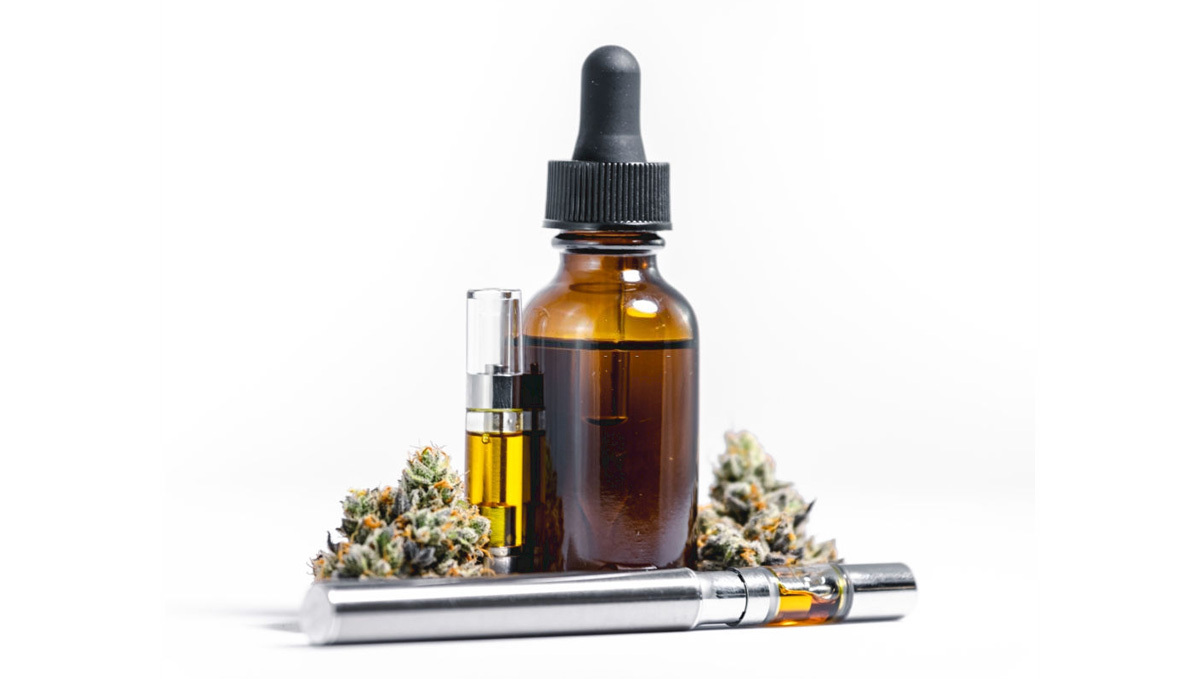
Water Soluble CBD
Water-soluble CBD is sold as a powder you mix with water, after mixing it thoroughly you drink it and your body will make sure is absorbed.
Edibles
The most commonly used and can be found in gummy, chocolate, cookie, and brownie-form. Eating it allows the stomach to digest the food and absorb cannabinoids slowly.
Creams
Creams or ointments help mostly local pain or skin conditions and is applied topically. Cannabinoids, including CBD, produce many of their effects by interfacing with the endocannabinoid system. Known as the universal regulator of the human body, this signaling network helps to regulate many other systems in the body, including the nervous system, digestive system, skeleton, and even the skin. The endocannabinoid system in our skin plays an important role in cell development and homeostasis. Applying CBD directly to the skin may help to positively influence parts of the endocannabinoid system localized to our protective organs.
CBD Vape
Vapable CBD is used by many for anxiety and is the fastest absorbing method although not the longest-acting.
Bath & Body products
We use CBD bath bombs or soaps to relax sore muscles, reduce inflammation, and decrease pain all throughout the body as skin is the largest organ and it will absorb quite a lot.
4. What Is CBD Used For?
CBD’s medicinal properties have been studied in greater depth in the last couple of years than ever before. There’s still a lot to learn about this compound but it has been showing therapeutic uses for many different conditions. The anti-inflammatory qualities of cannabidiol can treat skin conditions such as allergic dermatitis but CBD works by inhibiting the transmission of pain signals in our body and it can be used for more serious problems. Cannabidiol can be used to treat anxiety, obsessive-compulsive disorders, PTSD, and other anxiety-related conditions like cognitive impairment and social phobia.
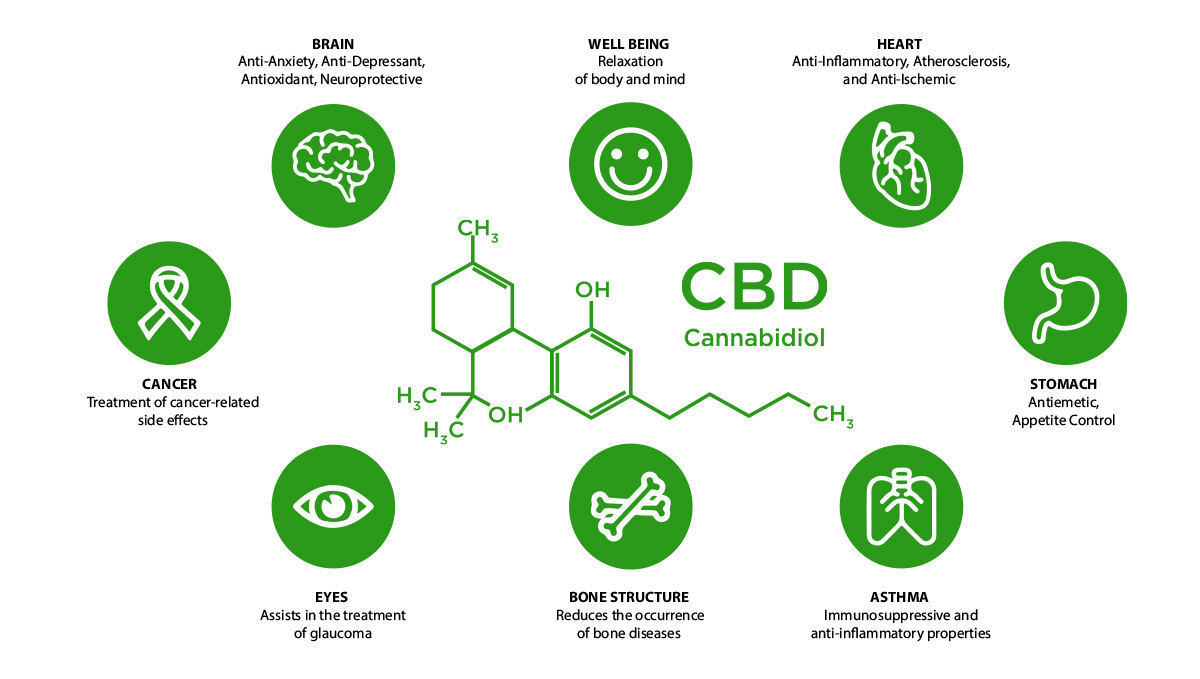
This cannabinoid can be highly valuable to patients experiencing side effects from treatments such as chemotherapy, CBD also has anti-nausea, appetite-inducing, and pain-relieving properties. But even though it has all these properties the use of the whole cannabinoid spectrum is more beneficial than using them isolated. This means you will benefit more from using THC and CBD together. The use of more than one cannabinoid at the same time implies your body is absorbing cannabinoids through various parts of your body at the same time and may have even better results, like reducing neuropathic pain in patients suffering from multiple sclerosis, managing pain associated with arthritis, fibromyalgia, or even cancer.
5. How To Intensify The Effects Of CBD?
If you’re a medicinal patient looking for the most effective way to treat yourself, the best way is to look for full-spectrum CBD products. All experts agree that full-spectrum tinctures are much more effective than 100% pure CBD isolate, that is because all of the active cannabis compounds are included in the oil, rather than just the CBD by itself. Cannabis is loaded with hundreds of cannabinoids and dozens of different terpenes. Different researches have shown that the therapeutic properties of the plant are much more potent when all of these compounds are working together, rather than by themselves. We know it’s harder to find full-spectrum oil if you don’t have access to it here are some tips to enhance the effects of CBD isolate:
Combine with melatonin
This is a nice tip for people using CBD for insomnia or other sleep issues. Several companies are now combining cannabidiol with melatonin to help regulate the sleep cycle.
Make a CBD Drink
This definitely isn’t a scientifically proven method, but it’s certainly something worth checking out if you’ve been getting frustrated with your CBD oil’s effects. By “micro-dosing” with CBD you can kind of extend the effects throughout the day.
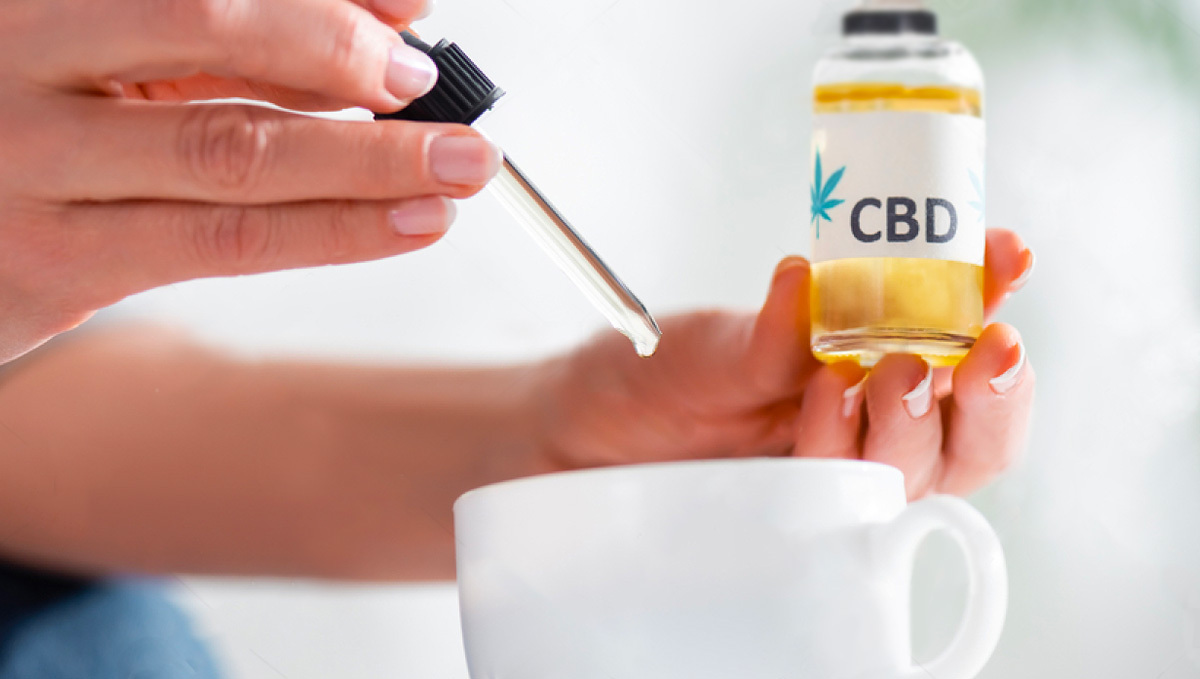
It basically consists of mixing your water-soluble CBD or oil into a big bottle of liquid, you can use this with any type of cold drink, preferably liquid with high lipid content, like milk. By drinking the liquid (and consequently the CBD) all day long, sip by sip you will have a long-lasting and constant effect.
Use a vaporizer
When using a vaporizer you can capture the complete range of compounds and terpenes in flowers. When medicating with CBD flowers this maximizes efficiency and optimizes the benefits of the entourage effect for the consumer.
6. How To Identify High-Quality CBD?
The only way to verify if you are buying high-quality CBD is if your product is tested. There should be a report available detailing active ingredients and contaminants. It’s best to get CBD extracted from therapeutic hemp, as opposed to industrial hemp because industrial hemp contains fewer cannabinoids and is prone to having more contaminants.
7. CBD and other similar cannabinoids
CBD isn’t the only non-intoxicating cannabinoid, just a couple of years ago researchers discovered that cannabis plants can also produce cannabigerol (CBG), cannabinol (CBN), and cannabichromene (CBC), but what are they?
What is CBG?
Cannabigerol (CBG) is the easiest cannabinoid derived from CBGa which is basically the “stem cell” of cannabinoids since it can convert into other cannabinoids such as THC and CBC. Just like CBD, CBG is nonintoxicating and its effects are very similar to CBD.
CBG vs. CBD
Both CBD and CBG are similar in structure and effects but CBG interacts with different receptors which results in unique effects, including digestive benefits and enhanced effects when combined with CBD.
What is CBN?
Cannabinol (CBN) is derived via a chemical process that transforms CBD into CBN. This cannabinoid is also non-intoxicating and has unique benefits such as antibacterial and neuroprotective benefits.
CBN vs. CBD
CBN is more similar to THC in structure and its effects are similar to a combination between THC and CBD, meaning that you will experience the same effects as CBD and THC, but with a weaker psychoactive effect.
What is CBC?
Cannabichromene (CBC) it’s derived from CBGa and is also considered non-intoxicating, meaning that it won’t get you high but this cannabinoid has a different structure and different effects than CBD. There’s still not enough research on CBC but scientists believe this cannabinoid to have cancer-fighting qualities while potentially alleviating chronic pain.
CBC vs. CBD
CBC and CBD appear to have different chemical structures but similar effects as both have an affinity for TRPV1 and 5-HT1A receptors which leads scientists to believe that CBC is more effective against inflammatory pain while CBD for neuropathic pain.
8. In Conclusion
CBD is highly used in all kinds of treatments related to the body. If you want to grow your own medicinal strain, at Fast Buds we have the beautiful CBD Crack, a 1:1 CBD flower. With a low amount of THC and a high amount of CBD, this strain offers good medicine for people looking for medicinal strains.
This way you will consume the whole spectrum of cannabinoids making it the best medicine you can find. Always make sure to buy CBD from a reputable source, don’t waste money in bad medicine as this will only make you spend money and won’t have any health benefits.








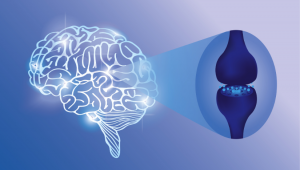
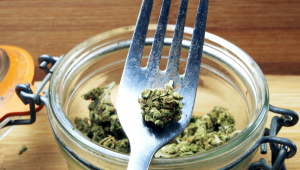

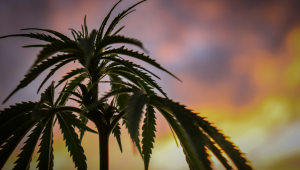


Comments